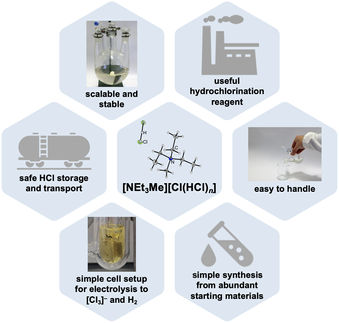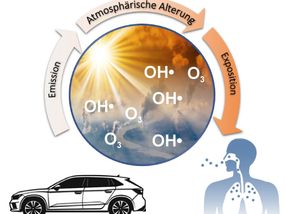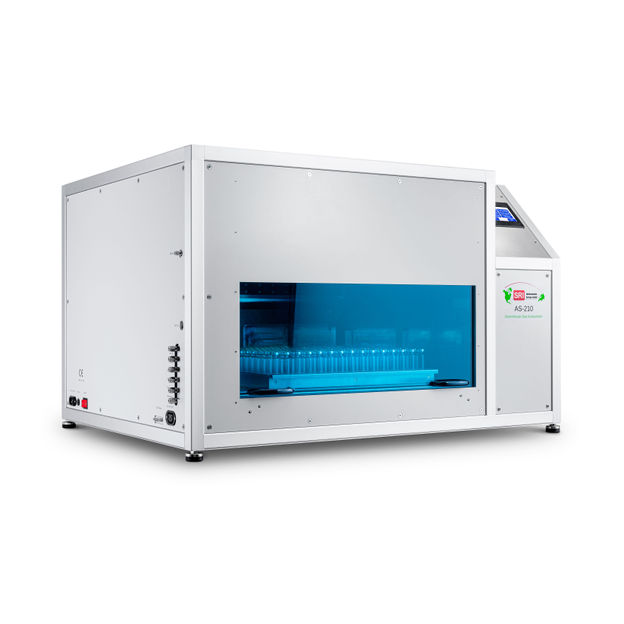Solvay Indupa will produce bioethanol-based vinyl in Brasil & considers state-of-the-art power generation in Argentina
Polyvinyl chloride (PVC) Derived from Sugar Cane and Salt
Solvay announced that the Board of its affiliate Solvay Indupa has approved a further USD 135 million investment program to expand and increase the competitiveness of its vinyls production plant of Santo Andre, Brazil. This second stage of expansion, following the plan announced in August 2006, comprises the creation of an integrated plant to produce ethylene with ethanol originating from sugar cane. Ethylene is one of the two main feedstocks needed to manufacture polyvinyl chloride (PVC) - together with chlorine, which is produced through a salt-based electrolysis process.
Santo Andre would be the first industrial project in the Americas implementing renewable resources for the production of PVC. This innovation will prevent the emission of large quantities of C02 into the atmosphere.
Solvay Indupa's ambition is to complete the expansion of Santo Andre by 2010. The plant would then have an installed capacity of 360,000 tons/year of PVC; 360,000 tons /year of vinyl chloride monomer (VCM), 235,000 tons/year of Caustic Soda and 60,000 tons/year of bio-ethylene.
Solvay Indupa is also studying with Argentinean energy group Albanesi S.A. the construction of a 165 megawatt combined cycle electrical power plant on Solvay Indupa's site in Bahia Blanca, Argentina. The project would require an investment of USD 135 million and would provide for a reliable and competitive coverage of the site's entire energy needs.
In order to finance these investments, Solvay Indupa is considering a capital increase of approximately USD 130 million, to be placed in local and international capital markets through Brazilian Depositary Receipts (BDRs) at the São Paulo Stock Exchange (Bovespa).
Most read news
Topics
Organizations
Other news from the department manufacturing

Get the chemical industry in your inbox
By submitting this form you agree that LUMITOS AG will send you the newsletter(s) selected above by email. Your data will not be passed on to third parties. Your data will be stored and processed in accordance with our data protection regulations. LUMITOS may contact you by email for the purpose of advertising or market and opinion surveys. You can revoke your consent at any time without giving reasons to LUMITOS AG, Ernst-Augustin-Str. 2, 12489 Berlin, Germany or by e-mail at revoke@lumitos.com with effect for the future. In addition, each email contains a link to unsubscribe from the corresponding newsletter.






























































